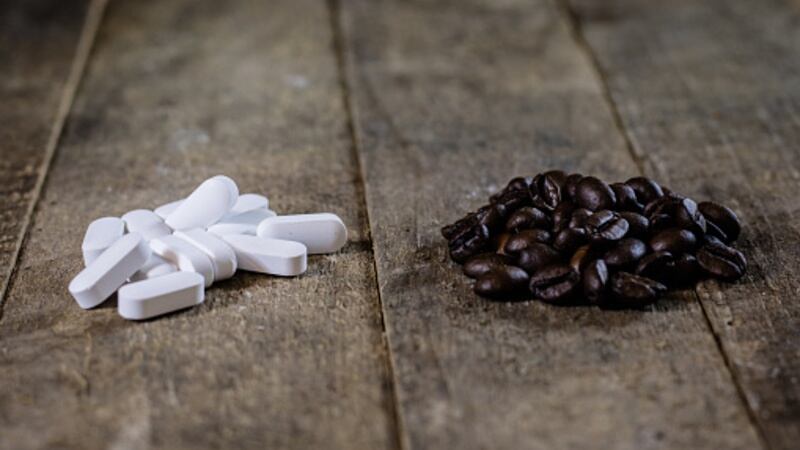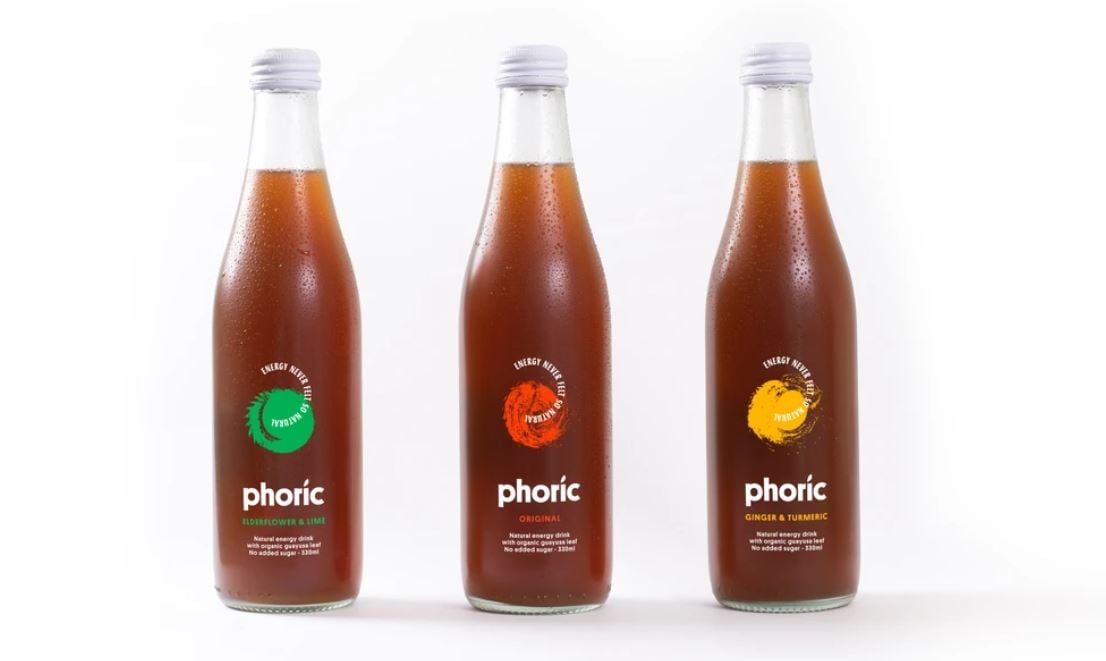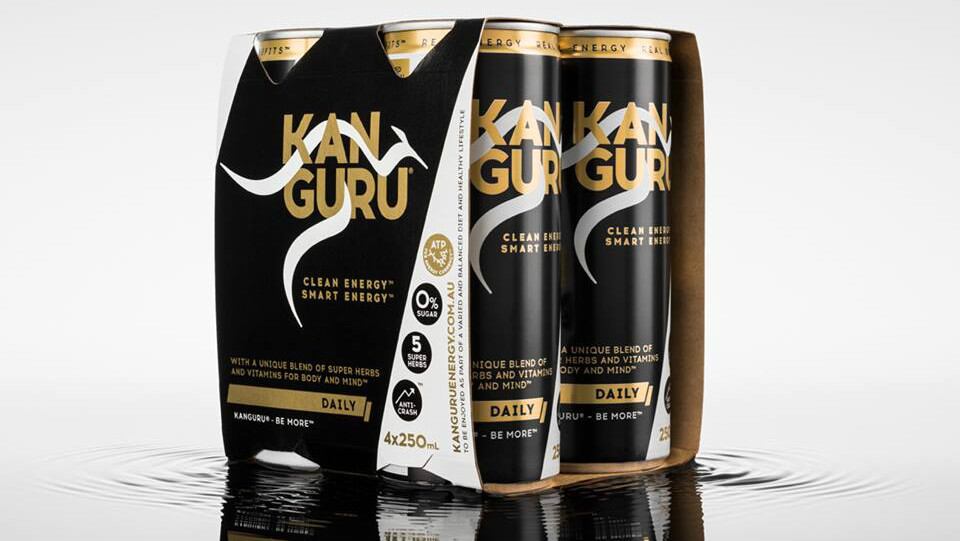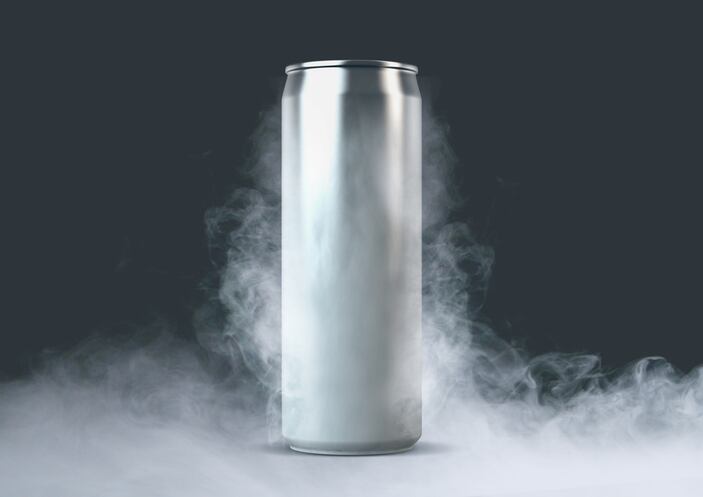The ban was put into place in December last year after the death of a 21-year-old following a caffeine toxicity episode after consuming a teaspoon of pure caffeine powder in a protein shake.
FSANZ implemented the ban after undertaking an ‘urgent proposal’ process to accelerate its enforcement and has recently called for public comment to review it - as required under the FSANZ Act.
However, the agency seems unlikely to change its stance.
“Pure and highly concentrated caffeine food products were banned from retail sale in December last year following a review which found these products pose an unacceptably high risk to people in the community,” FSANZ said in a statement.
"Our risk assessment found small amounts of these substances (less than a teaspoon) can cause severe health effects, including death.”
The ban currently applies to the retail sale of foods in which total caffeine is present 5% or more concentrations (for solid or semi-solid foods) or 1% or more (for liquid foods).
In addition, according to FSANZ CEO Mark Booth the agency has undertaken an assessment of the original decision and confirmed the sale of these products to be an ‘unacceptable risk’ – so much so that a new proposal is underway to potentially further tighten the regulations governing these.
“We are proposing to raise a separate proposal [to analyse the governance] of caffeine in the general [Australia and New Zealand] food supply,” said Booth.
“[This is because we need to] determine if additional measures are needed to protect sensitive subpopulations such as children, pregnant or breastfeeding women and people sensitive to caffeine.
“[We were faced with] time constraints and the need to act urgently on pure and highly concentrated caffeine food products [at the time], recognise there are broader issues relating to caffeine in the general food supply that couldn't be addressed back then.
“That said, [even if a] new, separate proposal process is undertaken, [the current ban] on pure and highly concentrated caffeine products would remain in place.”
What’s likely to be in the new proposal
Although the ‘broader issues’ Booth mentioned were not specified, according to FSANZ’s Final Consideration Report on the ban, the New South Wales, Queensland and West Australia authorities submitted comment that: “The 5% threshold is too high and does not appear to include a sufficient margin of safety - particularly for sensitive population groups such as children.”
At the time, FSANZ had acknowledged that the limit would be ‘hazardous to sensitive subpopulations such as children and pregnant women’ and had promised to consider this as part of the review process, so lowering the caffeine limits as part of the ban is likely to be part of the new proposal.
The University of Notre Dame Australia and Telethon Kids Institute also called for a second draft of the regulation, asking FSANZ to also cover ‘all other ready-to-consume caffeinated foods and beverages’ and prohibit all formulated caffeinated beverages on the basis of ‘significant negative impact on children’s health’.
FSANZ had responded to this saying such ‘broader issues around added caffeine in the food supply’ would be ‘best addressed in a measured manner at a later stage’ – so it is possible that regular food and drink items containing caffeine may come back under scrutiny pertaining to their marketing to these sensitive subpopulations, although this was not confirmed by the agency.
Previously, FSANZ had said that use of caffeine for colas and energy drinks could continue provided it as used ‘as a food additive’, and the beverage labels specified this.
“The Code expressly permits caffeine for use in cola type drinks (total caffeine must not exceed 145 mg/kg) and in formulated caffeinated beverages i.e. energy drinks (maximum of 320 mg per litre),” it said.





